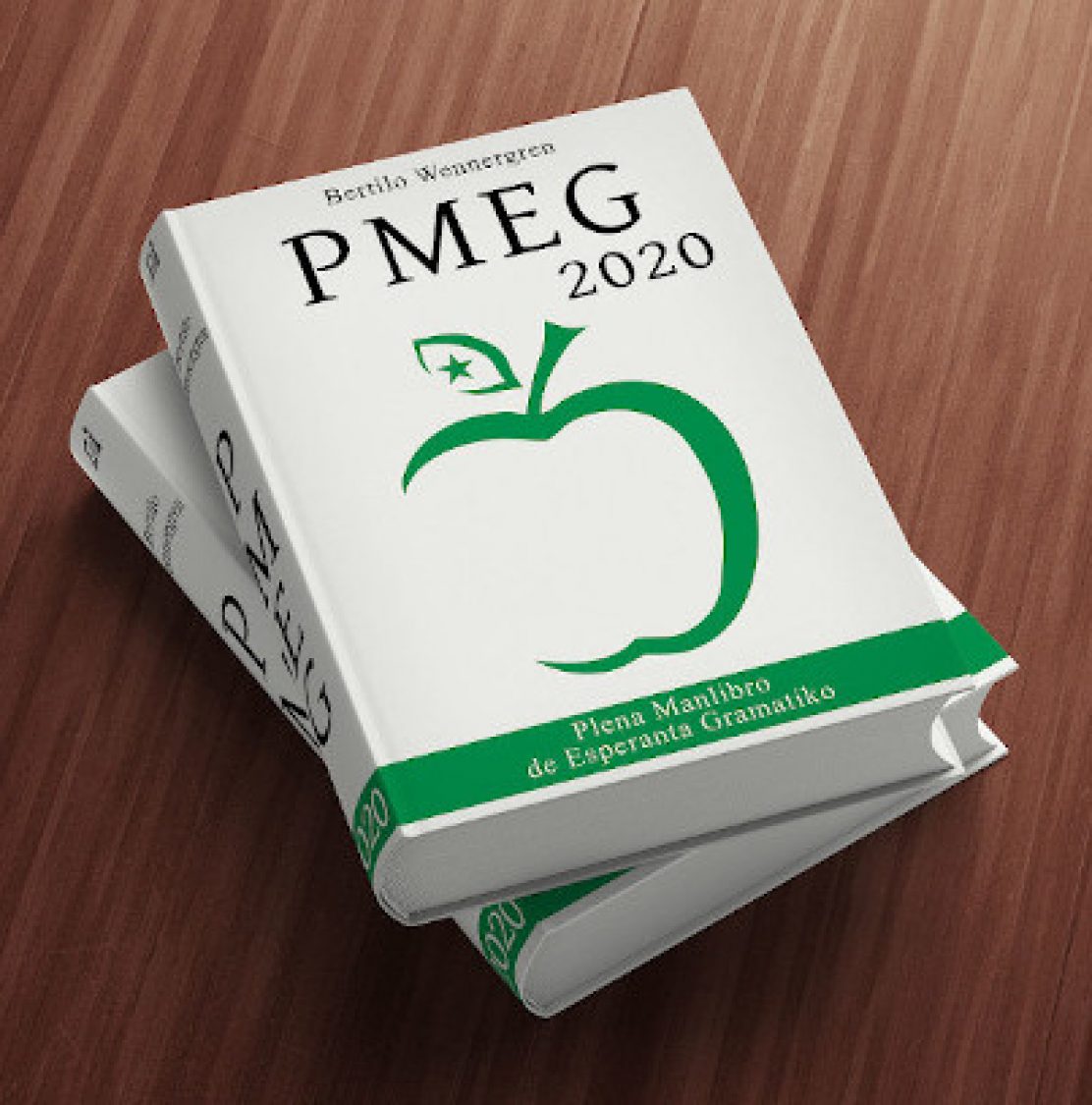At present I’m focusing on PMEG (the Plena Manlibro de Esperanta Gramatiko), because a new printed edition is long overdue. But I also have several other active projects. Here are a few of them:
The Tekstaro de Esperanto (tekstaro.com) is a collection of texts (a “corpus”), freely available to anyone who wants to explore how Esperanto is actually used. The initial target group was linguists, but it became clear that many non-specialists use the Tekstaro to explore how a particular word is used, how a particular aspect of grammar is used, etc. It’s even possible to use the Tekstaro just to read the texts. For one very important text, the Lingvaj Respondoj of Zamenhof, the version now in the Tekstaro is (in my opinion) the most useful version. It’s not a simple copy of the last printed edition (the 7th), because I completed several parts and also removed a few parts that don’t really belong in this collection. In addition, of course, the version in the Tekstaro is much more easily searchable than traditional printed editions. I’m enlarging the Tekstaro, which now has grown from 5,177,208 to 9,159,328 words, which is record growth for this project. Esperantic Studies Foundation supports my work for this project, but you can help support it as well.
The Detala Gramatiko de Esperanto (or “La detala lernu!-gramatiko”) is a shortened version of PMEG which uses traditional grammar terminology. It’s more easily used by beginners, because it deals only with the most important aspects, and because it’s available in other languages. The “Detala Gramatiko” appeared in print form (in two editions), but is apparently now out of stock. When I’ve finished the new edition of PMEG, I want to also revise the Detala Gramatiko. Hopefully I’ll succeed with that. Your support is welcome.
Landoj kaj lingvoj de la mondo is a vast collection of Esperanto names of countries and languages, with a great deal of additional information. I’m working on updating this material, as I find time, and I’d like to add additional languages and more information.
Roko kaj Popo is a reference source for popular music in Esperanto, with words like “rhythm and blues,” “rock,” “doom metal,” “rap,” “bluegrass,”, “reggae,”, “juju,” “chapman stick”, “dobro”, “guitar synthesizer”, “drum set,” “shekere”, etc. etc., and also with many traditional music terms. All the terms of course have definitions. Many of these words are not found in most dictionaries. Others appeared for the first time in “Roko kaj Popo” and afterwards found their way into Plena Ilustrita Vortaro de Esperanto (the most important Esperanto dictionary). I wrote this material years ago, and it has long needed updating, because many modern music styles don’t appear in it.
I’ve translated and continue to translate songs. Several have been published on my web site.
If you’re interested in computers, Unicode, web development, and so forth, you’ll find some information in Esperanto at my web site, but these areas are changing very rapidly and a number of my pages urgently need updating. Perhaps after the new edition of PMEG and other important tasks on my list, I’ll be able to focus on these topics again.
I collaborated in the creation of the Internet version of PIV (Plena Ilustrita Vortaro). It’s now found at vortaro.net. I wrote a Perl-program that converted (very laboriously) the Word document of the printed text to an XML format, which became the basis of the searchable Internet version. It’s very possible that I’ll collaborate again for PIV and its Internet version in the future.
One future project is the translation of the entire PMEG into English. That, however, is a daunting task. We’ll see . . .
From time to time I teach Esperanto in actual courses. For example NASK (where I’ll be this summer) and SES.
Perhaps I should mention that I’m a member of the Academy of Esperanto (since 2001). In that group, among other things, I guided the work for the List of Recommended Country Names, and for the Ninth Official Addition to the “Universala Vortaro”.
Have I forgotten anything? Most likely yes.
Perhaps you want to help make sure I can bring these projects to fruition. Read about how you can help in my page Support Bertilo.
